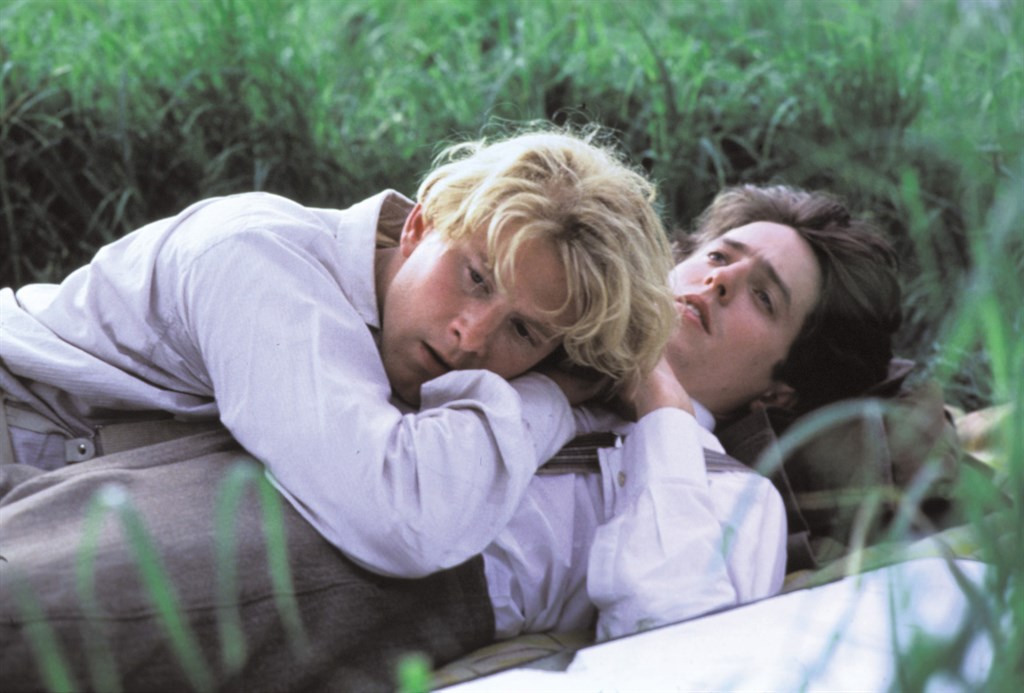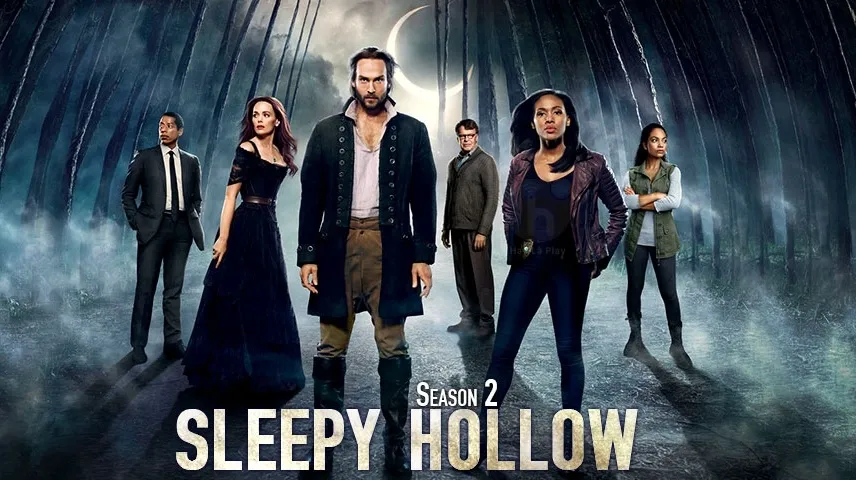Maurice – A Groundbreaking Tale of Love and Identity in Edwardian England
Maurice (1987), directed by James Ivory and based on the novel by E.M. Forster, stands as one of the most poignant and daring portrayals of same-sex love in cinema, especially within the context of early 20th-century British society. Set in Edwardian England—a time of strict social norms and moral conservatism—the film explores themes of repression, personal awakening, and the courage it takes to live authentically. Through its quiet elegance and emotional depth, Maurice has become a landmark in LGBTQ+ cinema.
The film follows Maurice Hall, played by James Wilby, from his schoolboy years through adulthood as he navigates his growing awareness of his sexuality. Raised in a well-to-do, conventional English family, Maurice conforms to the expectations of his social class. However, during his years at Cambridge University, he falls in love with Clive Durham, portrayed by Hugh Grant in one of his earliest and most nuanced roles. Their relationship, while emotionally intimate, remains physically unconsummated due to Clive's fear of societal repercussions.

After Clive eventually retreats into a conventional marriage, Maurice is left devastated and disillusioned. He spirals into a period of emotional turmoil, even seeking out conversion therapy in hopes of changing his identity. It is only later, through an unexpected connection with Alec Scudder (Rupert Graves), a gamekeeper employed by Clive’s family, that Maurice discovers the possibility of a love that is both passionate and liberating. Their relationship, though fraught with risk due to class divisions and legal dangers, offers Maurice a path toward self-acceptance and emotional freedom.
What makes Maurice remarkable is its refusal to bow to the tragic endings often imposed on queer characters in literature and film. Unlike other stories of forbidden love that end in heartbreak or death, Maurice dares to imagine a future where same-sex love is not only possible but fulfilling. The film’s final moments, which depict Maurice and Alec choosing to be together despite societal expectations, are deeply moving and revolutionary for their time.
Visually, Maurice is stunning, filled with the golden light of the English countryside and the quiet majesty of Cambridge’s architecture. Richard Robbins’ score adds a tender, melancholic touch, while Ivory’s direction maintains a restrained and dignified tone that enhances the emotional undercurrents of the story. The performances, particularly those of Wilby and Graves, bring a layered vulnerability to their characters, making their journey toward love feel both intimate and monumental.

Maurice is more than just a period drama—it is a brave exploration of identity, desire, and personal integrity. In adapting Forster’s once-suppressed novel (written in 1913 but published posthumously in 1971), Ivory brought to life a narrative that was ahead of its time, and remains deeply resonant today. The film’s enduring power lies in its belief in love’s ability to transcend fear and societal constraint, making Maurice not just a classic of queer cinema, but a universal story of hope and defiance.

